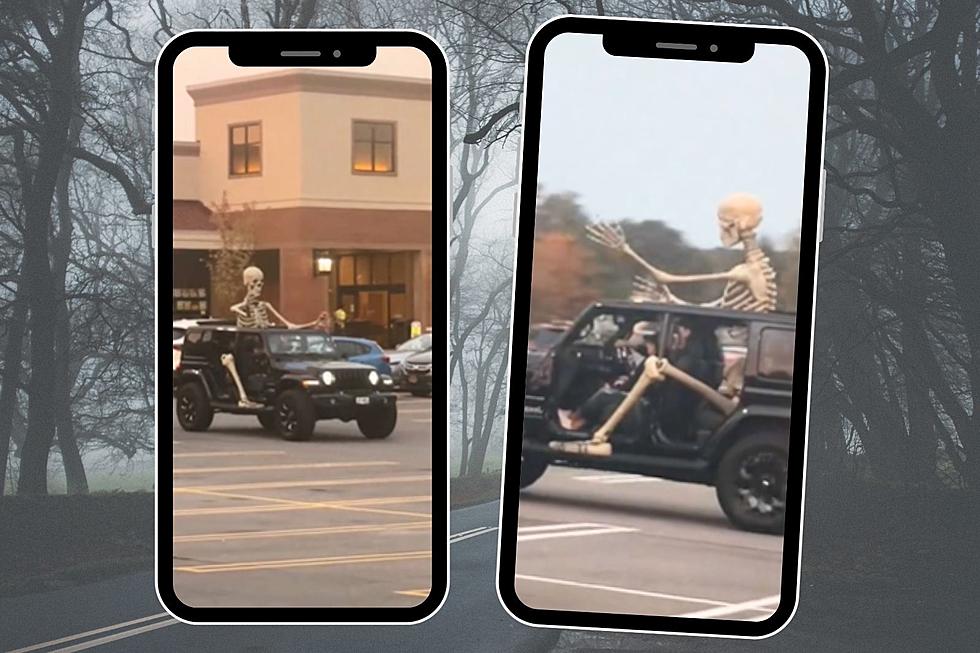
Sex, Love, Bondage: The Singular Vision of William Moulton Marston
Born on this day in 1893, William Moulton Marston was a man of many pursuits, with varying degrees of success in the many fields he ventured into. As a lawyer, psychologist, professor, essayist, and screenwriter, even as the inventor of the systolic blood pressure test as a means for detecting lies, Marston could never quite attain the success and prestige he yearned for. It is, in fact, for accomplishments far afield from his legal and academic pretensions — namely, the creation of Wonder Woman, and the non-traditional lifestyle that inspired the creation of that iconic character — that Marston is almost certainly best known today.
Marston was born in Saugus, Massachusetts, and by his mid-twenties had attained three degrees from Harvard, including a PhD in psychology. As a psychologist and lawyer, he was concerned with the connection between emotions and physiology, and using physical signs to determine a person's mental and emotional state, primarily to determine truth.
This was the idea at the heart of his systolic blood pressure lie detection test --- said to have been suggested by his wife, Sadie Holloway, a psychologist herself, when she mentioned her blood pressure going up when she got mad. He also developed a behavioral assessment method known as DISC theory, which looked at Dominance, Inducement, Submission, and Compliance as four quadrants of human behavior. (The terms have changed somewhat in more recent years.)
Between these popular theories and leveraging his contributions to the invention of the lie detector test, Marston managed some minor celebrity as a spokesperson for Gillette Razors and as Director of Public Services at Universal Studios. However, it was a 1940 interview in The Family Circle by Olive Byrne, Marston's former student (and then-current life partner), that would lead to his greatest success. Expounding on the “great educational potential” for comic books, Marston caught the attention of Max Gaines, publisher of National and All-American Comics (which would later merge to become DC Comics), who hired him as an educational consultant.
It was while working in this capacity that Marston had the idea to create a new kind of superhero, one who would combat crime with love, rather than violence. It was his wife's idea that this new hero should be a woman (read here for a closer look at the contributions of Sadie Holloway Marston to the creation of Wonder Woman). Given the green light by DC, Wonder Woman would debut in 1941 in the pages of All Star Comics #8 (with Marston using the pen name “Charles Moulton”) and would go on to become the most iconic super-heroine in history.
Though the creation of Wonder Woman would also require some inspiration from Marston and Holloway's life partner, Olive Byrne, and the visual stylings of cartoonist HG Peter, Wonder Woman is very much the product of Marston's worldview. Through his psychological research, Marston had come to the conclusion that women were naturally superior to men, both morally and in terms of skill. Further, he believed that women's tendency toward loving submission was far preferable to masculine authority, which he viewed as toxic and violent.
Such themes were apparent in the early Wonder Woman stories, where the all-women utopia of Paradise Island was accompanied by the Reform Island penal colony, where enemies of the Amazons were not punished, but rehabilitated. Additionally, the goal of the much-vaunted bondage imagery that pervaded Marston's stories was two-fold: first, to serve as a metaphor for the oppression women suffer in patriarchal society, and second, to add an erotic element so that young readers found themselves associating submission with love, through what Marston called “sex love training.” (It is entirely possible you were nodding in agreement until you got to that last part and then maybe you wigged out a little; that's pretty natural.)
Much more about Marston, his life, his philosophies, his polyamorous lifestyle, and his connections with early 20th century feminism can be read in Jill Lepore's The Secret History of Wonder Woman, but suffice it to say, William Moulton Marston left such an indelible and idiosyncratic impression on Wonder Woman in the six years he wrote stories for her until his death in 1947 that, for better or for worse, no one has ever yet been quite able to match his personal vision for the character.
Best Wonder Woman Cosplay Ever
More From ComicsAlliance









